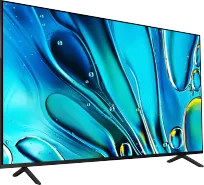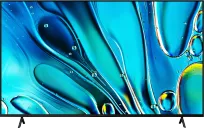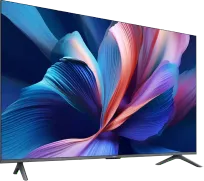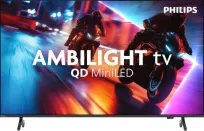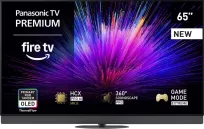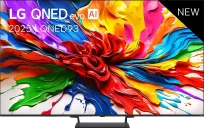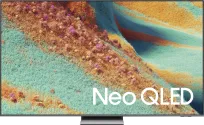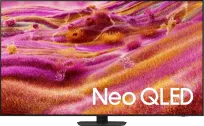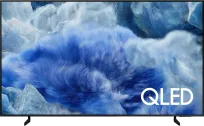
A few years ago, DTS:X was considered a natural rival to Dolby Atmos. Today, its position is so weak that finding a new film on Blu-ray with DTS:X sound is almost miraculous.
Fewer and Fewer Films
As noted by FlatpanelsHD (based on data from 4KFilme), since December 2024, not a single Blu-ray disc (including 4K or 3D) with this audio format has been released in Germany – one of the largest markets for physical media. In the United States, the last known release featuring DTS:X was the exclusive steelbook edition of The Last Witch Hunter in January 2025. The next known title? A limited edition of Serenity is only scheduled for July.
The statistics are unequivocal – the FlatpanelsHD database contains just 113 UHD discs with DTS:X, while Dolby Atmos boasts over 600 releases. For comparison, most titles featuring DTS:X were released before 2020.
Change in the Balance of Power
This is a huge shift compared to the era of classic Blu-ray, when DTS-HD Master Audio was the dominant choice for most studios (Fox, Paramount, Universal, Lionsgate). Dolby TrueHD was mainly used by Warner Bros and occasionally by Disney.
However, Dolby Atmos's advantage is not limited to physical media. In streaming, DTS:X barely exists. It is supported by only two platforms – Disney+ and Sony Pictures Core – and only within the IMAX Enhanced standard. To make matters worse, many TVs and players do not support DTS at all. LG abandoned DTS support again in 2025, and Samsung has been doing so for years. You also won't find it on Apple TV 4K or Google TV devices.
Does DTS still have a chance?
DTS has tried to fight for the streaming market by introducing the DTS:X version in lossy compression (profile 2) as part of IMAX Enhanced. So far, however, it has not managed to gain wider hardware support. Currently, only Philips televisions with Google TV play this format from Disney+. TCL – although theoretically compatible – has issues with this in practice.
Without strong partnerships with giants like Apple, Samsung, or Google, DTS:X seems to be increasingly marginalised. And a new player is on the horizon – Google and Samsung are jointly working on the open standard Eclipsa Audio as part of the Alliance for Open Media. If this format indeed gains prominence, DTS may find itself outside the mainstream of the audio market. The situation is not improved by LG's decision, which has announced the end of support for DTS:X in its 2025 line of televisions – meaning that yet another major manufacturer is completely withdrawing support for this format.
Source: flatpanelshd.com
 Katarzyna Petru
Katarzyna Petru